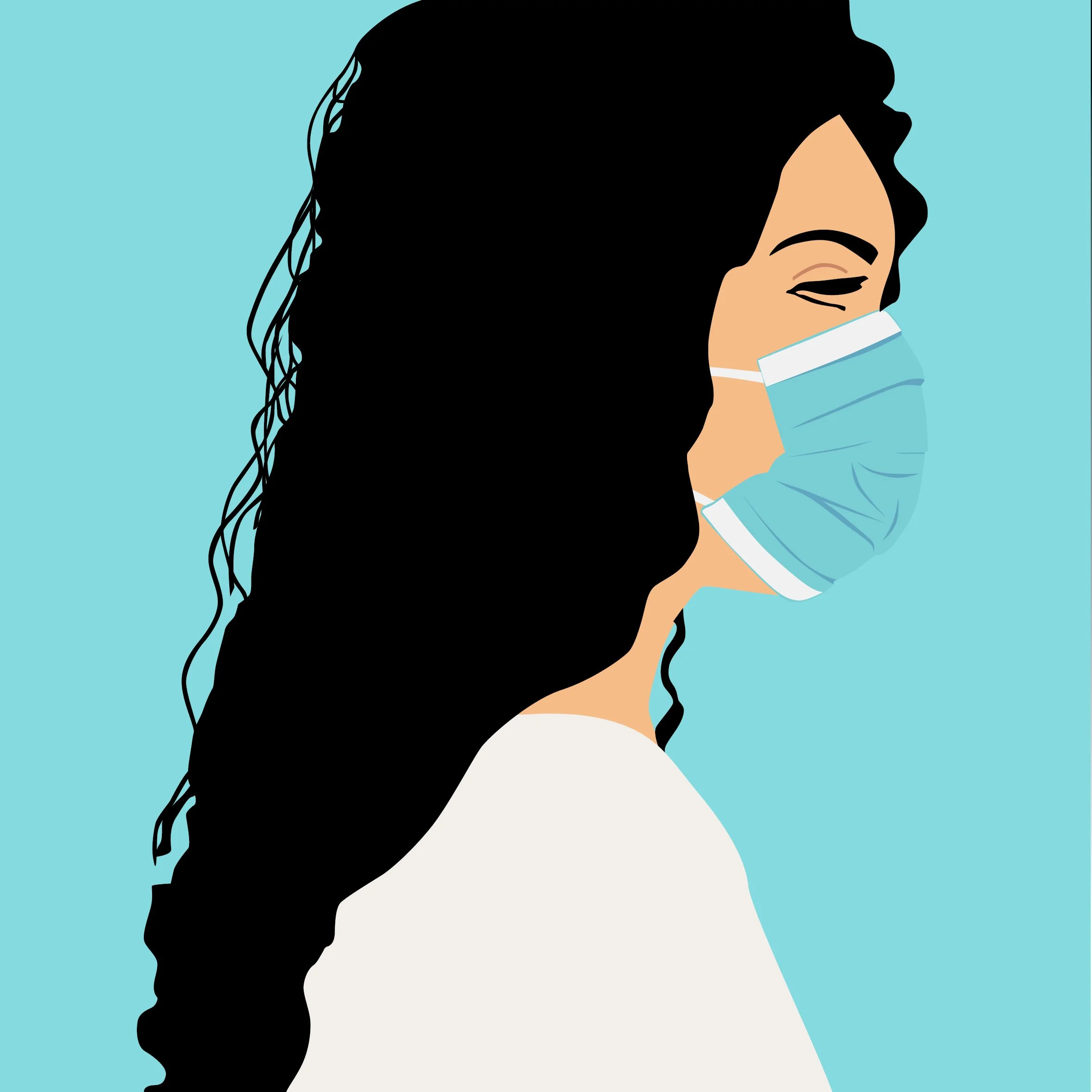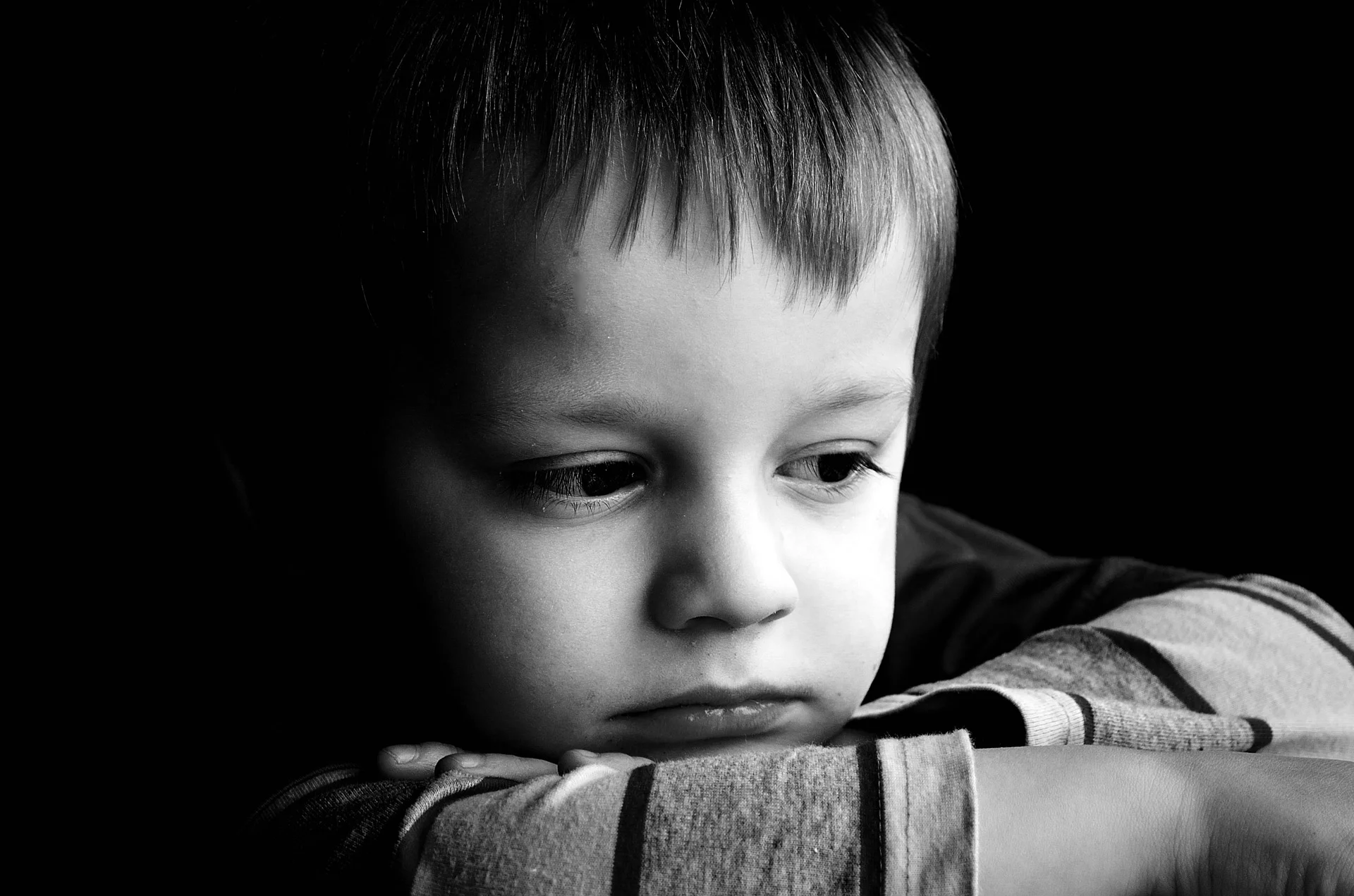August 2020 - The Backbone Collective releases a report prepared for the Ministry of Social Development detailing what kinds of longer term support would have helped some women victim-survivors to get safe, recover and rebuild their lives after experiencing family violence.
The report is based on the survey results from 528 New Zealand women, many of whom described an incredibly long, complex, dangerous and difficult struggle to get safe in which they had very little access to resources or safe and appropriate support and often found they were powerless to stop the abuse even after they separated from the abuser.
The survey participants shared a wide range of ideas for supports and services that would help them to get safe and recover. However, survey responses show that urgent changes are required to the way New Zealand responds to women who are victim-survivors of family violence including removing the barriers to safety they currently experience.
The Backbone survey Whānau resilience - longer term services that help - ', from which the data for this report is drawn, was released in November 2019 and was open for one month.
The survey is only one of the ways MSD have said they will be gathering whānau voices to inform the development of their Whānau Resilience work programme. Backbone recommended to MSD from the outset that further specialist consultation be undertaken to gather the voices and experiences of Māori, the LGTBQI+ community, disabled women and male victim-survivors. In this report we make further recommendations for specialist consultation with additional groups of victim-survivors to ensure the Whānau Resilience programme is responsive to as many victim-survivors as possible.















